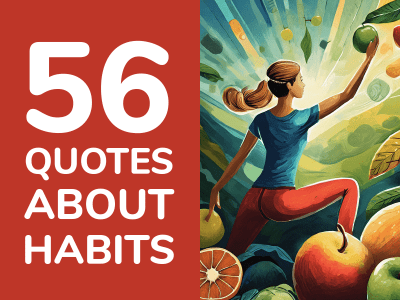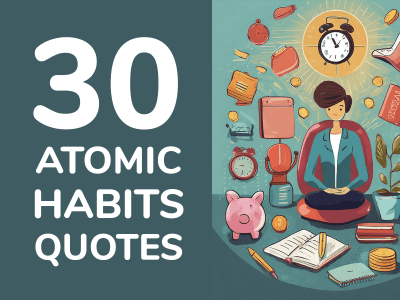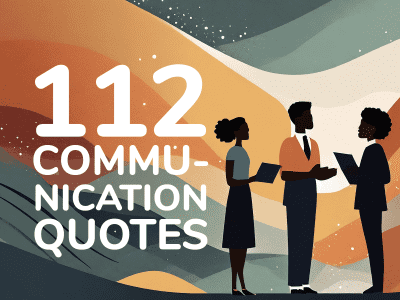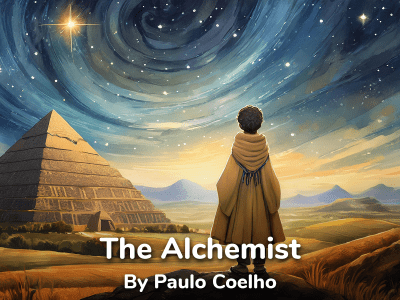Self Help & Psychology Book Summaries
small business quotes by
Published
habits quotes by
Published
Atomic Habits by James Clear
2018 Published
communication quotes by
Published
The Alchemist quotes by
Published
The Alchemist by Paulo Coelho
1988 Published
Extreme Ownership by Jocko Willink
2015 Published
discipline quotes by
Published










